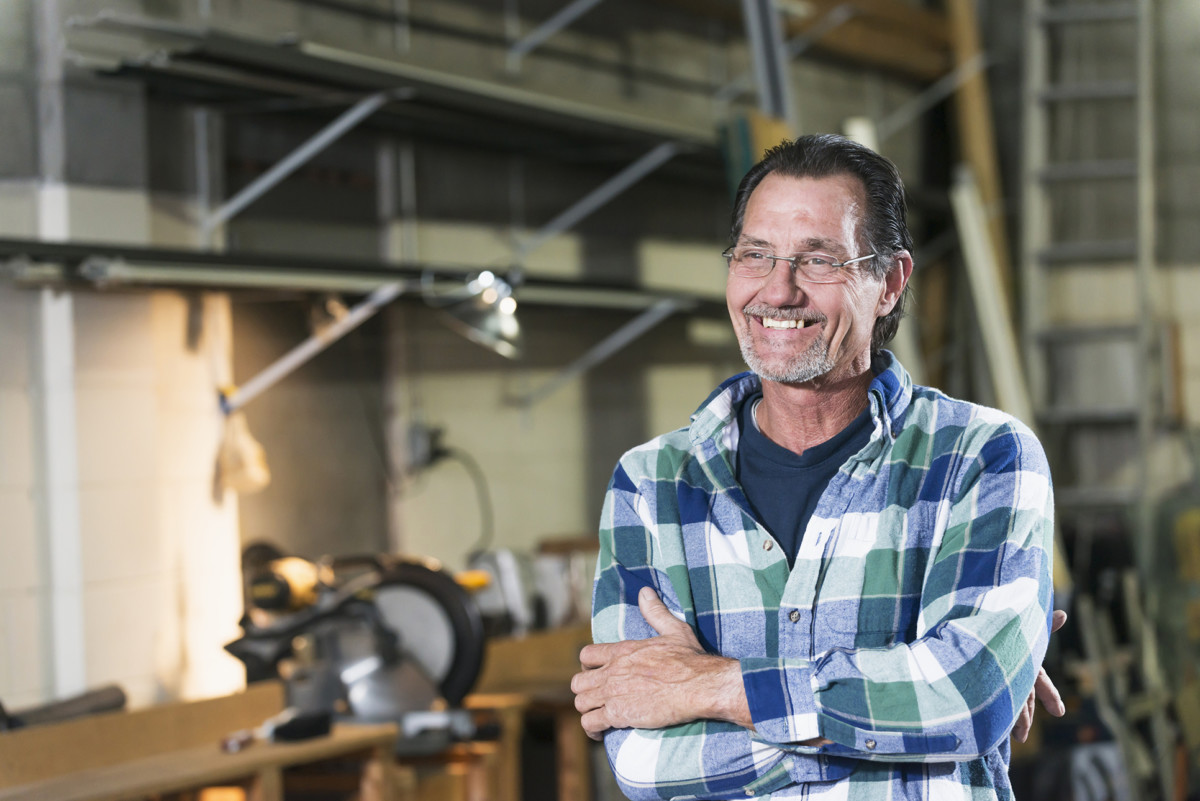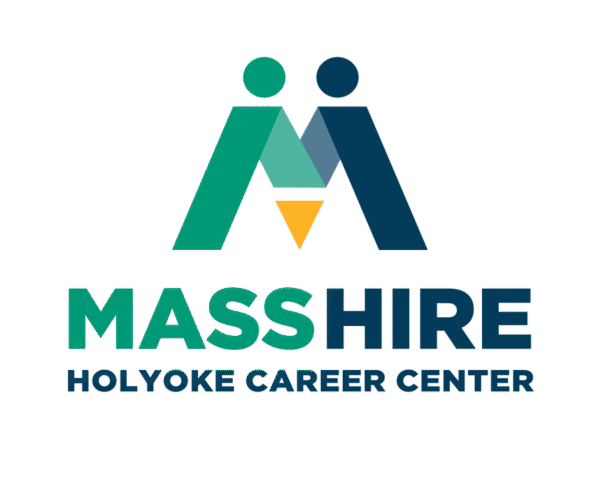
22 million Americans identify themselves as people in recovery. Long-term recovery is possible and happens all the time!
Stopping the use of substances is only one part of living a life of recovery. Recovery is a process of change through which a person improves their health and wellness, lives a self-directed life, and strives to reach their full potential. There are many pathways to recovery. Some people take medication, some go to mutual support meetings like Alcoholics Anonymous (AA), some go to counseling or therapy, others try holistic treatments.
A person’s recovery journey is as unique as they are. However, there are four important areas that support a life in recovery: health, home, purpose, and community.
- Health: overcoming or managing one’s diseases or symptoms and making informed, healthy choices that support physical and emotional well-being.
- Home: having a stable and safe place to live.
- Purpose: conducting meaningful daily activities and having the independence, income, and resources to participate in society. (One prime example here is being employed.)
- Community: having relationships and social networks that provide support, friendship, love, and hope.
Are You Interested in Becoming a Recovery Ready Workplace?
Questions?
Contact Ramona
413-427-3498
rreno@masshireholyoke.org

